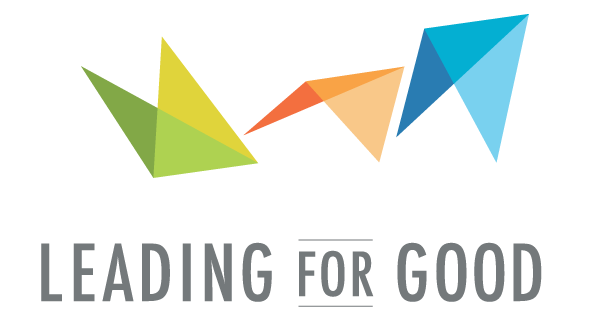Four Levels of Learning Evaluation
For one of my coaching clients, a main goal is enhancing her skills in planning, facilitating and delivering learning seminars for maximum impact. Having worked in learning and development for so long, I sometimes take for granted this skillset as intuitive and it's been fun to revisit and support my client in building her own set of competencies in this area.
One model that can be helpful in building and evaluating any kind of learning forum, workshop or even a presentation is Donald Kirpatrick's "Four Levels of Learning Evaluation" model. Dr. Kirpatrick researched and refined this model many times over his lifetime (I was sorry to learn that he passed away this year at age 90 and have found his work very valuable). The model purports that you can evaluate an employee training/seminar/course at the following levels:
Kirpatrick's Four Levels of Learning Evaluation
1.) Reaction - what participants think and feel about training experience
(often evaluated through surveys)
2.) Learning - actual knowledge, skills and/or attitudes that are gained in the training
(often evaluated through demonstration of knowledge or test)
3.) Behavior - application of the resulting skills, knowledge and/or attitudes on the job
(often evaluated a 3-6 months after training through observation)
4.) Results - actual organizational outcomes individually and collectively achieved as a result of/in part because of training (often measured in quantitative or qualitative metrics)

It is very difficult to practice all four levels of evaluation in organizations, and I would argue that most organizations still evaluate training at level one. I wanted to offer a few tips that I often use in actually building a learning session from the front end, which won't necessarily bring you to level 4, but can help you to build a more impactful learning experience overall.
Start with the end in mind. Articulate 2-5 learning objectives for your audience/participants prior to starting on any content development and design conversations for any type of talk or training. This is a great reference point to keep referring back to for yourself or for the vendor or colleague you have asked to deliver the session.
Review workshop materials through with real audience member(s) or stakeholder in advance. Prior to delivering actual session, it's helpful to review the outline and format with an organizational stakeholder or participant to ensure the approach and content feels relevant and on point for the goals of the sessions. This sounds so intuitive and simple, but you'd be surprised how often it actually does not happen! I have seen many valuable course corrections through this kind of ongoing dialogue in advance.
Build in time for action planning. For any kind of workshop I do, I always build in time for participants to jot down insights and also ask participants set at least 1-3 actions they will do as a result of participating in the session. As we all know from experience, if you don't use it, you lose it! This is what makes the final step key.
Educate managers on their role in training. Research has shown that managers are a key link in whether training courses are actually impactful in organizations or whether they serve as "boondoggle" perk. Thus, it's important for managers to hold employees accountable in applying the learning from a course to a real project immediately following their experience. In addition, having employee participants teach his/her fellow team members key insights and techniques is also another great way for participants to more fully absorb the learnings. This paves the way to creating a broader shared language/skill set, which will be much stickier for the group members.
